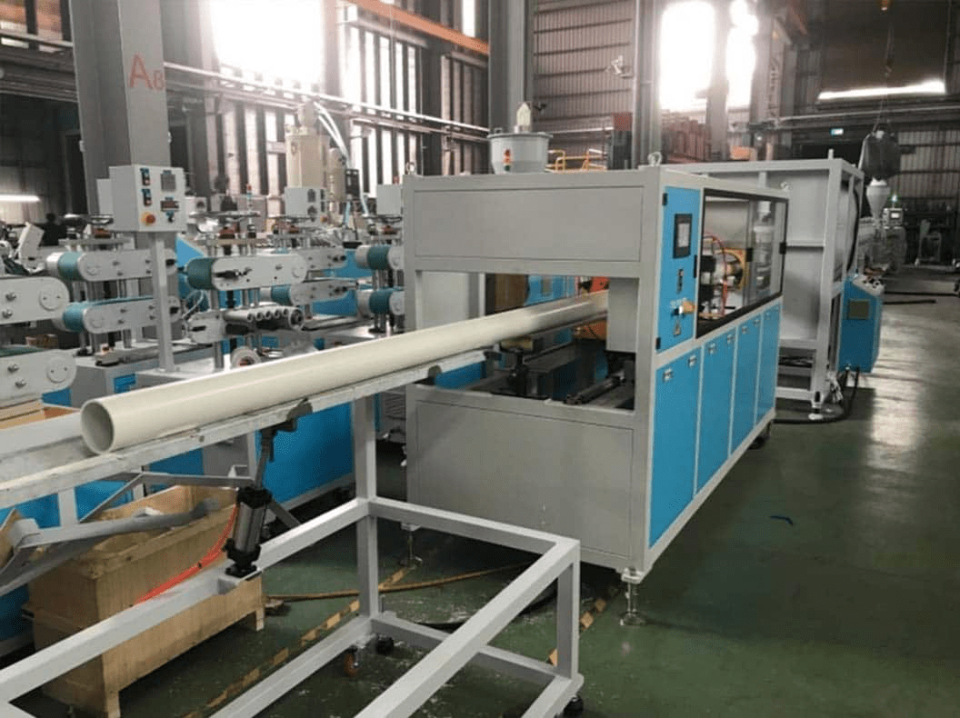Plastic extrusion manufacturing is a fundamental process in modern industry, creating a wide range of products used daily in automotive, construction, packaging, and consumer goods sectors. This method involves melting raw plastic resin and shaping it into continuous profiles, such as pipes, sheets, and custom components, with high efficiency and precision. Reliable plastic extrusion manufacturers play a crucial role in delivering quality parts that meet stringent industry standards. This article explores the extrusion process, common materials used, quality assurance practices, and how customization in extrusion supports diverse industrial applications.
Understanding the Plastic Extrusion Process
Plastic extrusion begins with feeding plastic pellets or granules into a heated barrel where they melt and become pliable. A rotating screw pushes the molten plastic through a shaped die that forms the desired cross-sectional profile. As the plastic exits the die, it is cooled and solidified, often passing through water baths or air cooling systems to maintain shape integrity. The continuous nature of extrusion allows for high-volume production of consistent profiles, suited to applications requiring uniformity and strength.
Common Materials Used in Extrusion
Manufacturers use a variety of plastic resins depending on the product’s intended use:
- Polyethylene (PE): Versatile and widely used for packaging films, pipes, and containers.
- Polypropylene (PP): Known for chemical resistance and strength, ideal for automotive parts and industrial components.
- PVC (Polyvinyl Chloride): Durable and weather resistant, commonly applied to window frames, pipes, and siding.
- ABS (Acrylonitrile Butadiene Styrene): High impact resistance and surface finish, used in consumer products and electronics.
- PET (Polyethylene Terephthalate): Frequently utilized in packaging bottles and food containers due to clarity and recyclability.
Selecting the appropriate material ensures the final product meets performance, safety, and environmental requirements.
Quality Assurance and Standards
To maintain product reliability, plastic extrusion manufacturers implement rigorous quality control measures. These include:
- Material Inspection: Ensuring incoming raw materials comply with specifications.
- Process Monitoring: Controlling temperature, pressure, and screw speed for consistent extrusion conditions.
- Dimensional Checks: Using gauges and automated measurement systems to verify product dimensions and tolerances.
- Performance Testing: Conducting strength, flexibility, and chemical resistance tests as needed.
- Certification Compliance: Adhering to industry standards such as ISO and ASTM guarantees that extruded products are fit for their intended applications.
Customization and Innovation in Extrusion
Plastic extrusion allows extensive customization to suit client needs:
- Profile Design: Custom dies enable the creation of specific shapes and complex cross-sections for specialized uses.
- Color and Additives: Manufacturers can incorporate colours, UV stabilizers, flame retardants, and other additives to enhance functionality.
- Multi-Layer Extrusion: Advanced extrusion lines produce multi-layered profiles combining different materials for better performance.
- Post-Processing: Additional treatments such as cutting, drilling, and printing can be applied to extruded parts to prepare them for final assembly.
Applications Across Industries
Extruded plastic components have vast applications:
- Automotive: Lightweight trims, seals, and protective covers.
- Construction: Window frames, pipes, insulation, and claddings.
- Packaging: Flexible films, tubes, and rigid containers.
- Consumer Products: Household items, toys, and electronic housings.
The ability to tailor extrusion outputs to diverse sectors makes this manufacturing process indispensable in modern supply chains.
Choosing a Reliable Plastic Extrusion Manufacturer
To secure the best results, companies should consider suppliers who:
- Demonstrate expertise and experience in their specific industry.
- Offer technical support and collaborative design assistance.
- Maintain transparent quality management systems.
- Provide scalability to handle both small and large production runs.
- Commit to sustainability through recyclable materials and energy-efficient production.
Conclusion
Plastic extrusion manufacturing is a versatile and efficient process shaping countless products in contemporary industries. Understanding the extrusion technique, material options, quality controls, and customization capabilities empowers businesses to choose the right partner for producing high-quality extruded components. By working with reputable plastic extrusion manufacturers, industries can benefit from durable, tailored solutions that meet regulatory standards and performance demands. Investing in quality extrusion services supports innovation and competitiveness across automotive, construction, packaging, and consumer markets.

